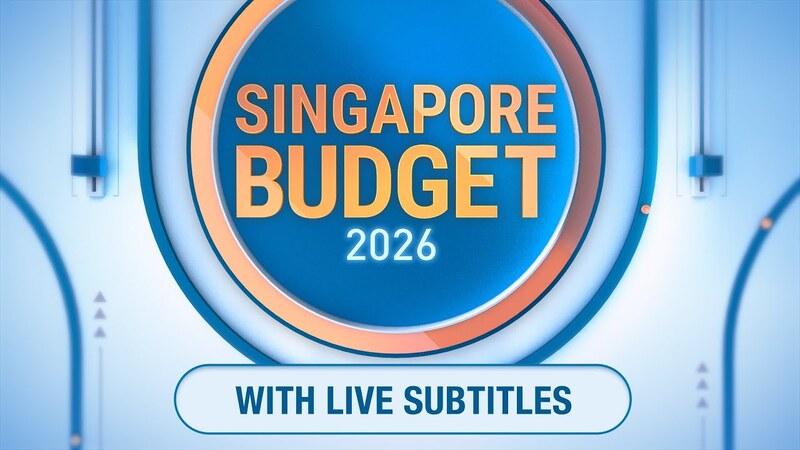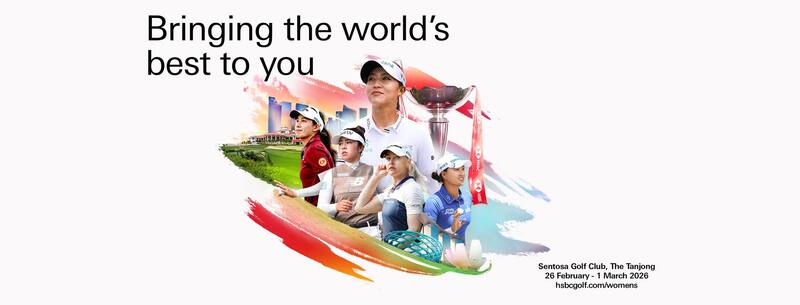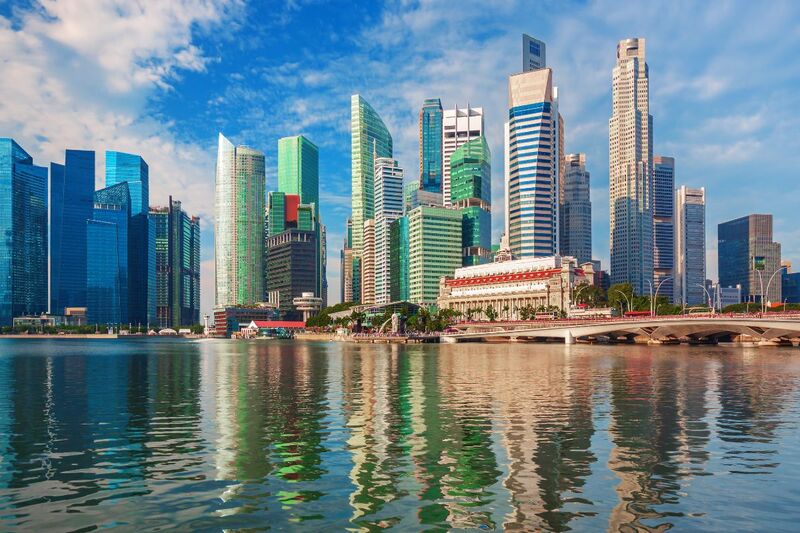Singapore Ranks #1 in Asia for Work-Life Balance: What It Means for Companies and Workers in 2025
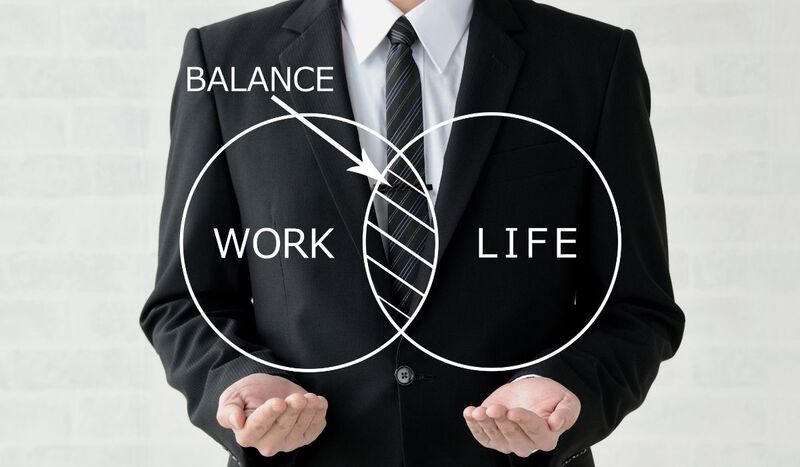
Work-life balance has become more than just a “perk” — it is now a non-negotiable factor for both employers and employees. In today’s fast-changing workforce, people are prioritising well-being, flexibility, and purpose as much as salary.
So, how does Singapore stack up globally? According to Remote.com’s 2025 Global Life-Work Balance Index, Singapore ranks #1 in Asia and 25th worldwide for work-life balance, with an overall score of 57.85 out of 100.
For workers, this is a sign that the nation’s policies and workplaces are evolving. For companies, it’s a wake-up call that offering competitive benefits and work-life policies is key to attracting and retaining top talent.
Breaking Down Singapore’s Ranking
- Work hours: Singapore employees work an average of 42.6 hours per week, higher than Japan (36.6) and South Korea (37.9), and well above New Zealand (33). Long hours remain a key area for improvement.
- Annual leave: Under the Employment Act, Singapore offers a statutory minimum of 7–14 days of annual leave depending on years of service. However, many employers provide more. According to Remote.com’s 2025 index, Singapore workers receive an average of 18 days, still lower than Ireland (32) or South Korea (30).
- Healthcare & sick leave: Singapore’s strong healthcare system and statutory 80–100% sick pay coverage boost its life-work balance score significantly.
- Safety: With a Global Peace Index score of 1.34, Singapore is one of the safest countries in Asia, providing employees with peace of mind both inside and outside the workplace.
- Happiness index: Singapore scored 6.57 out of 10 — respectable, but with room for improvement compared to countries with higher reported life satisfaction.
🌏 Regional Comparison
Singapore’s closest Asian peers in the ranking include:
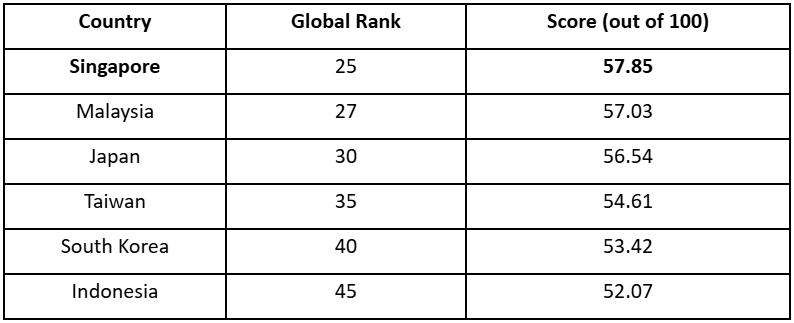
Singapore may top Asia, but the long hours and limited leave highlight areas where employers can do more.
Why This Matters to Companies
1. Employer Branding
Work-life balance is now one of the top 3 factors candidates consider before accepting a job offer (PwC, 2024). Companies in Singapore that offer flexibility, wellness benefits, or hybrid work will stand out to both local and international talent.
2. Retention & Productivity
Studies show employees with a good work-life balance are 21% more productive and significantly less likely to resign. In Singapore’s competitive job market — with over 89,000 job vacancies reported in March 2025 (MOM) — retaining staff is as important as hiring them.
3. Talent Attraction Beyond Borders
With programmes like the ONE Pass drawing global professionals, companies that showcase a strong work-life balance culture have a clear edge in attracting high-calibre talent.
What This Means for Workers
For workers in Singapore, this ranking reinforces the importance of evaluating jobs beyond salary. Consider:
- Does the employer offer hybrid work or flexible hours?
- Are wellness and mental health initiatives part of the culture?
- Is career growth balanced with personal well-being?
Younger workers (especially Gen Z) are driving this shift. Surveys show 72% of Gen Z employees in Singapore rank work-life balance above pay when considering employers.
How Companies Can Improve Work-Life Balance
- Flexible Work Policies – Hybrid models are no longer optional.
- Wellness Benefits – From mental health days to subsidised gym memberships.
- Increased Leave – Companies can go beyond the statutory 18 days to stand out.
- Family-Friendly Practices – Parental leave, eldercare leave, and childcare subsidies build loyalty.
FAQ: Work-Life Balance in Singapore
Q1: Why does Singapore rank #1 in Asia for work-life balance despite long working hours?
While Singaporeans work an average of 42.6 hours per week, the Remote.com index measures more than hours alone. Singapore scores highly in areas such as healthcare coverage, public safety, and economic stability. With universal healthcare, 80–100% statutory sick pay, one of the lowest crime rates globally, and steady employment opportunities, these factors help offset the impact of longer working hours and lift Singapore to the top position in Asia.
Q2: Do employers only have to provide the statutory minimum leave?
No. The Employment Act requires a minimum of 7–14 days of annual leave, depending on years of service, but many companies go beyond this. Employers keen to attract and retain talent often provide 18 or more days of annual leave, plus additional benefits like flexible work or family-care days.
Q3: Is work-life balance improving in Singapore?
Yes. Since the pandemic, many companies have formalised flexible work arrangements, wellness leave, and hybrid policies. Government initiatives such as the Tripartite Guidelines on Flexible Work Arrangements (2024) also ensure that employees can request flexibility more confidently, signalling a positive shift.
Q4: What should jobseekers look out for when evaluating work-life balance?
Don’t just focus on the number of leave days. Candidates should ask about:
- Hybrid or flexible work options
- Wellness and mental health support
- Family-friendly policies such as childcare or eldercare leave
- Company culture — whether management respects boundaries outside work
Q5: How does prioritising work-life balance benefit employers?
Companies that invest in work-life balance see stronger results:
- Higher retention rates – reducing turnover costs
- Increased productivity – balanced employees are more engaged
- Stronger employer branding – appealing to both local professionals and global talent (e.g., ONE Pass holders)
Conclusion: Singapore’s Next Chapter
Singapore’s ranking as Asia’s leader in work-life balance shows progress — but it also highlights opportunities for improvement. For companies, embedding true work-life balance into policies isn’t just an HR trend; it’s a business strategy to attract, retain, and engage talent. For workers, the message is clear: look beyond the paycheck and choose employers who invest in your life, not just your labour.
👉 For Employers: Want to strengthen your employer branding with better work-life policies? Partner with Reeracoen to access insights and top talent.
👉 For Jobseekers: Looking for roles with companies that value work-life balance? Explore opportunities with Reeracoen.

Disclaimer:
The information provided in our blog articles is intended for general informational purposes only. It is not a substitute for professional advice and should not be relied upon as such.
While we strive to provide accurate and up-to-date information, the ever-evolving nature of certain topics may result in content becoming outdated or inaccurate over time. Therefore, we recommend consulting with qualified professionals or experts in the respective fields for specific advice or guidance. Any actions taken based on the information contained in our blog articles are solely at the reader's discretion and risk. We do not assume any responsibility or liability for any loss, damage, or adverse consequences incurred as a result of such actions.
We may occasionally provide links to external websites or resources for further information or reference. These links are provided for convenience and do not imply endorsement or responsibility for the content or accuracy of these external sources. Our blog articles may also include personal opinions, views, or interpretations of the authors, which do not necessarily reflect the views of our organisation as a whole. We encourage readers to verify the accuracy and relevance of information presented in our blog articles and to seek professional advice when needed. Your use of this website and its content constitutes acceptance of this disclaimer.
References
